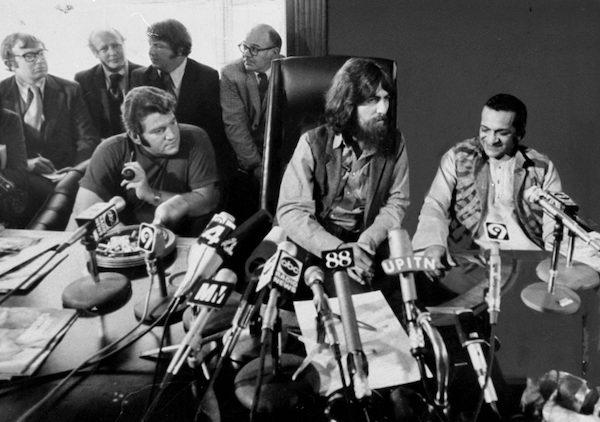Features
Sort By: Post DateTitle Publish Date
|
Sep 14, 2021
|
Sep 02, 2021
|
Apr 12, 2022
|
Jun 23, 2018
|
Feb 01, 2017















